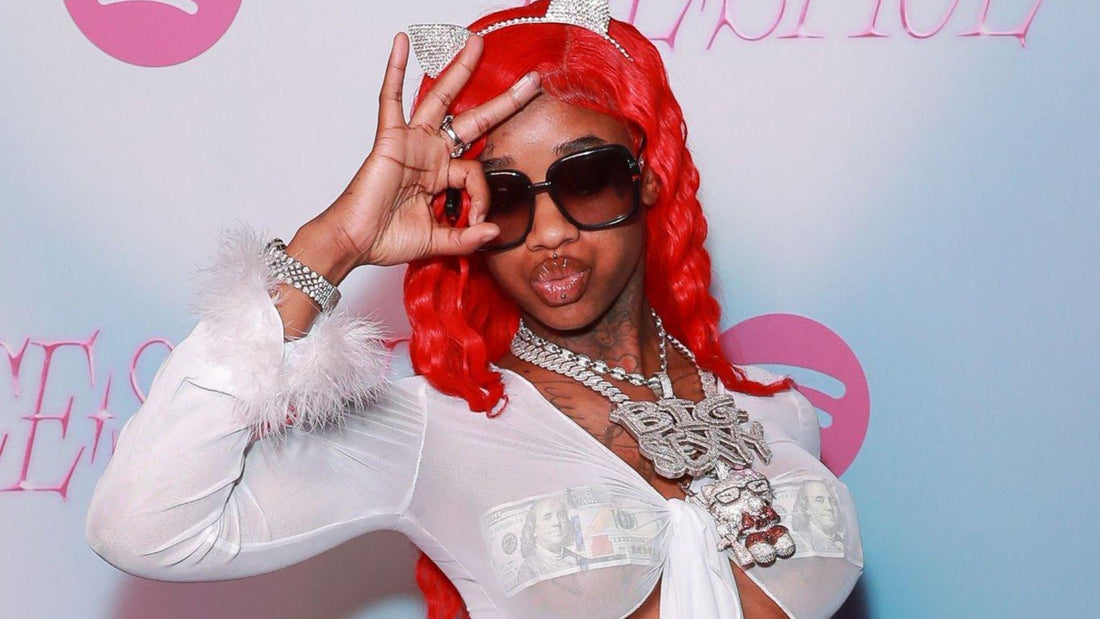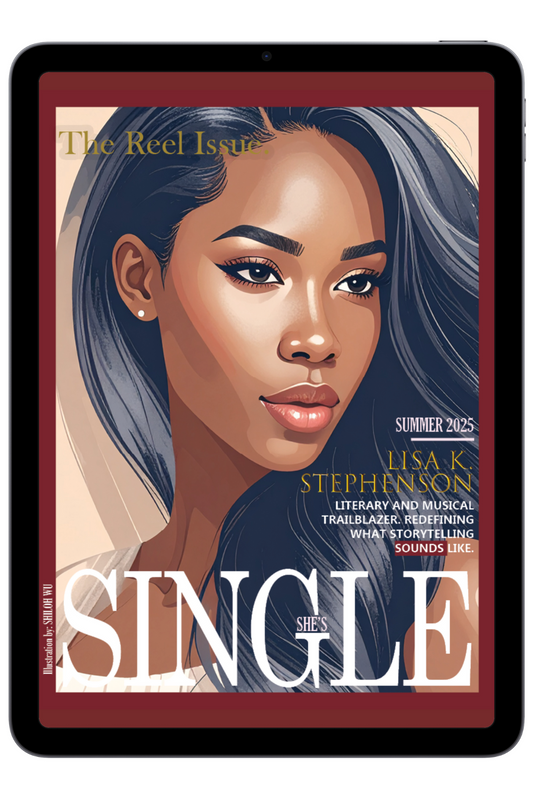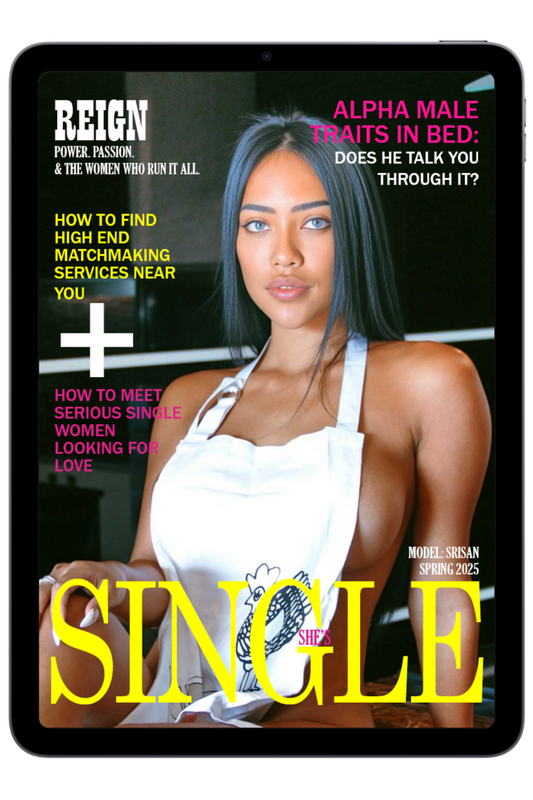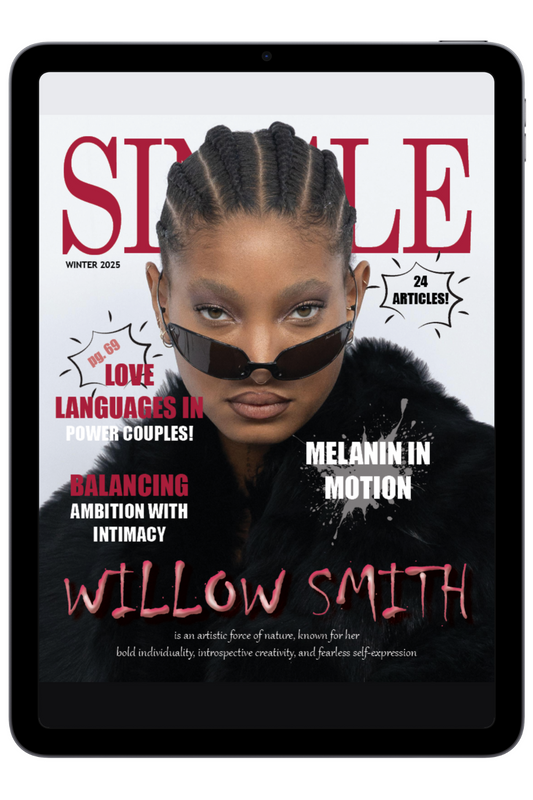Unveiling the Erosion of the Black Woman's Image: Examining Music Industry Influence

The dissemination of hypersexualized music from African-American female artists such as Sukihana and Sexyy Red is slowly becoming a detriment to Black women.
When will it end? The agenda to push the narrative that Black women are aggressive, freaky, uneducated, ghetto, bald, masculine, and low-class ‘roaches’ has reached an all-time high. There is no respect for the Black woman in entertainment unless she pushes the envelope to make herself stand out. It is time that we separate ourselves from the City Girls and Sukihana’s of the world.
It’s no wonder rappers like Careesha, better known as Yung Miami from the rap duo City Girls have stated, “I want her raised differently. I don’t even want her to see the light of day like that. Like I really want her to be like, level-headed, a school girl and just on a whole other wave” when asked about her young daughter Summer. Sure, she can want a better life for her child, but the question remains, why promote a promiscuous lifestyle that your child cannot embody? The answer is simple, money, because how is this believable when the behavior continues?

As much as we like to demonize Kim Kardashian for her actions to come up as a socialite, she is not still making sex tapes and selling them to the highest bidder. Kim Kardashian has and dare I say it, evolved. She worries over her children one day seeing the tape and thus, has worked very hard to cover those tracks, replacing them with her rebrand—business woman, fashion icon, criminal justice advocate, the list goes on. When Kim Kardashian says she does not want her daughters to emulate her past behavior it is believable and should not be criticized. Just as we allow space for men to grow and change, we must extend that grace to women as well.
The WAP (Wet-Ass-Pussy) era began its run-on August 7, 2020, which of course sparked conversation among members of the press and fans alike. Many questioned whether or not the lyrics were too explicit and if this was a step in the right direction for Black and Brown women. Although controversial, the song became the dirtiest No.1 in hot 100 history.
Over the past few years, we’ve heard some provocative tones from artists such as Khia, Trina, and even Nicki Minaj, but there was some semblance of entertainment, cohesiveness, and regulated flamboyancy. Whereas today’s music seems to lack any message other than to expose your pussy and promote the color of your bootyhole, when did we reach here? There is lyrically nothing to grasp from such music, it is a compilation of vulgar, disgusting terms pieced together for shock value. It is not art; it is an agenda to destroy the image of Black women.
We should not overlook the power of music and the success record labels have had in the past to destroy the reputation of the members of our community—the Black man. Black men are still to this day stereotyped as criminals and thugs. Of course, there are bad apples in every group, but there is no magnifying glass on them—we are not being forced to consume music from demographics demoralizing themselves and others in their groups. Other groups do not allow for the lowest of their group to be the face of them, so why should we? Black women, we have to take a stand. The same way promoting thugs and criminals hurt Black men is the same way this type of music will hurt Black women.
There is a correlation here that we cannot ignore. In 2020 a report was released by the National Center for Educational Statistics naming Black women as overachievers in the classroom. Black women are surpassing Black men when it comes to higher education. Black women hold 70% of all master’s degrees and 60% of all doctorate degrees earned within our group. And in proportion to their share of the overall population, the rate of Black women getting degrees surpasses that of Latinas, Native Americans, White women, and Asian/Pacific Islanders. Of course, the agenda is to tear us down. We will not let it happen.

In an interview, Rapper and Film Producer, Ice Cube shed light on the music industry claiming, “the same people who are in power at labels, also own private prisons.” Further explaining that labels profit off of the bickering in the African-American community. It’s a domino effect: Black women are hypersexualized and Black men are seen as thugs and criminals.
This takes precedence in our music to drive Black men from the homes they create, push for Black single motherhood in the community, and have the health of our women deprioritized when entering the hospital doors to give birth. Black and Brown women are judged for not being married, yet, this is what is promoted in our music—to be strong independent women who can raise children alone because our men are poor criminal thugs.
Rapper Meek Mill states, “Before, I wasn’t on stages like this,” he said, referring to now being in a better position to inspire change. “I was on rap stages rapping about violence and guns. We get paid to rap about that stuff. They (record labels) actually pay us more when we rap about more ignorant stuff; so I make sure I even the line and come and talk on stages like this.”
There you have it, laid out in black and white, so what do we do now?
- We stop streaming music that promotes such vulgarity.
- We support African American owned mainstream media outlets.
- We stop relying solely on the internet to deliver us news—read books, buy newspapers, and attend events.
- We push for African-American medical professionals to supply our medical needs.
- We seek out and invest in programs designed to bring us together as a community.
- We support Black businesses and shop small.
Change starts with us. I will be covering this in greater detail for the print issue this Fall.
by Danielle Wright








